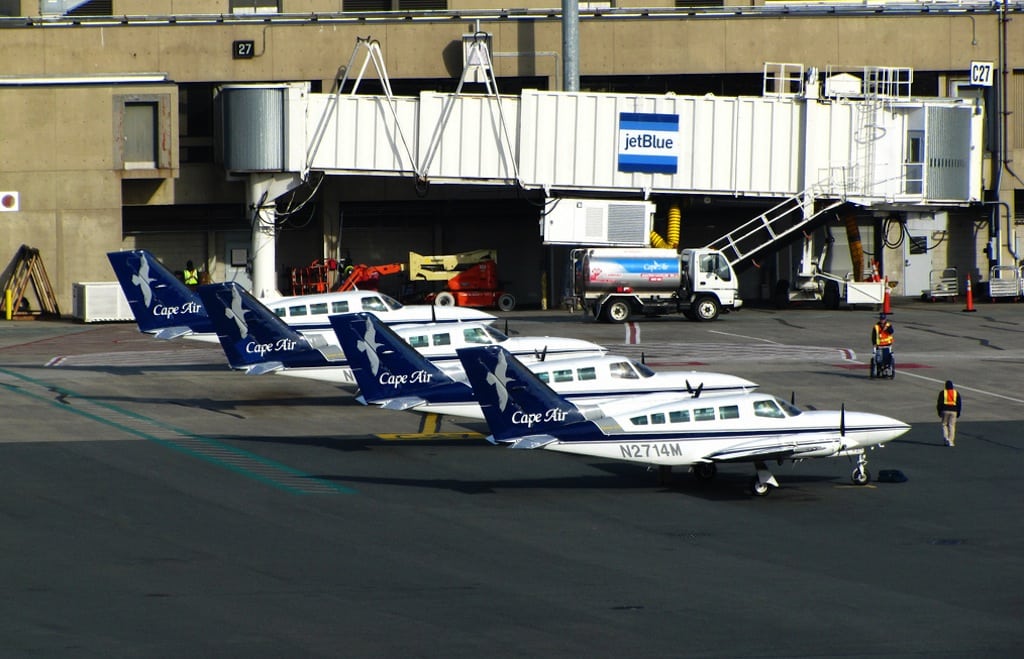Google and ITA Software abandon airline reservations business

Skift Take
Eight years after signing a deal to power Air Canada's reservations system and two years after Google acquired ITA Software, the company is withdrawing from the airline reservations business.
ITA Software's website states:
"We're discontinuing the Passenger Services System (PSS) for airlines. We're doing this to enable our team to focus on other travel solutions for users and partners such as Google Flight Search and Hotel Finder, and ITA's QPX software suite.
"Cape Air is live on this system and we'll continue to work with them under our agreement. We won't be launching PSS with other clients. Going forward, we're excited to keep developing new, innovative travel solutions for our users."
This is indeed a bitter pill for ITA Software's founders to swallow as they put years and millions of dollars into their dream to transform the nuts and bolts of the way airline reservations systems, also called Passenger Services Systems, are handled behind the scenes.
They had similar visions to make wholesale changes to the way global distribution systems work, but that project was put aside years ago.
ITA Software didn't have great success in its fledgling airline reservations system business.
It's big win was the 2005 contract to power Air Canada's reservations system, but that ended, the victim of Air Canada's financial crisis.
In 2011, ITA Software entered into an agreement to provide an ITA Merchandising solution to American Airlines, enabling the carrier "to offer customized travel options through all channels," ITA said, but it seemed to be a relatively smallish deal.
And, there was no word today about what will happen to ITA's American Airlines agreement, although ITA did state that it "will continue to work with Cape Air," which became the first and only airline to implement TA's airline reservations system in 2012.
There had been many questions leading up to Google's acquisition of ITA Software concerning whether search-engine Google would have the appetite to allow ITA Software to pursue something so far afield -- airline reservations systems -- and now the answer is in.
What does this mean?
By airline reservations systems, we're talking about technology systems that enable airlines to process tickets, maintain departure and control systems, choreograph crew scheduling, and handle baggage.
Google/ITA's dropping of airline reservations systems does not impact its ongoing commitment to Google Flight Search, Google Hotel Finder, and QPX (the system that handles airfare shopping on many airline and travel agency websites), says a Google spokesperson.
Google does not intend to reduce headcount.
"Our Cambridge office will continue to be a key hub for our travel team," the spokesperson says.
The decision does set the stage for Google to try to sell its airline reservations system technology -- or parts of it, at least -- although Google declined to be pinned down on the question.
"Google does not talk about business plans that they may or may not be considering," the spokesperson says.




